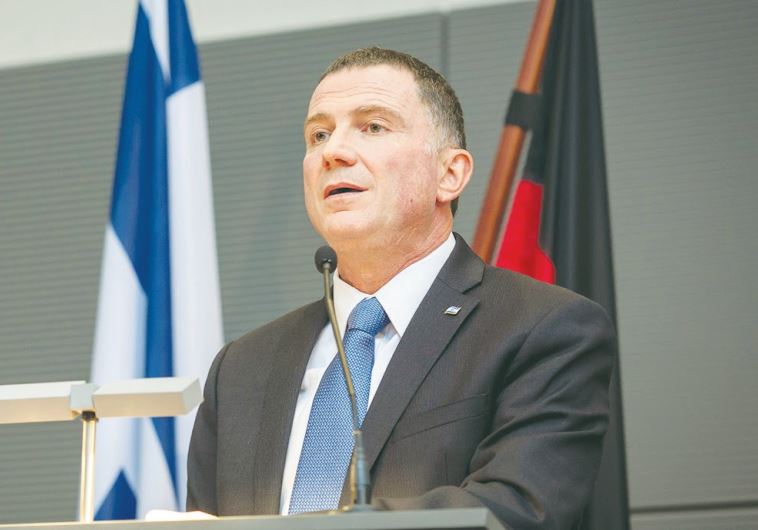Knesset-Finance Ministry row over Economic Arrangements Bill rears its head again
The Economic Arrangements Bill is passed in tandem with each budget and outlines the basic economic policies that are meant to accompany it.
 KNESSET SPEAKER Yuli Edelstein addresses the Bundestag’s Foreign Affairs and Defense Committee(photo credit: BOAZ ARAD)Updated:
KNESSET SPEAKER Yuli Edelstein addresses the Bundestag’s Foreign Affairs and Defense Committee(photo credit: BOAZ ARAD)Updated: